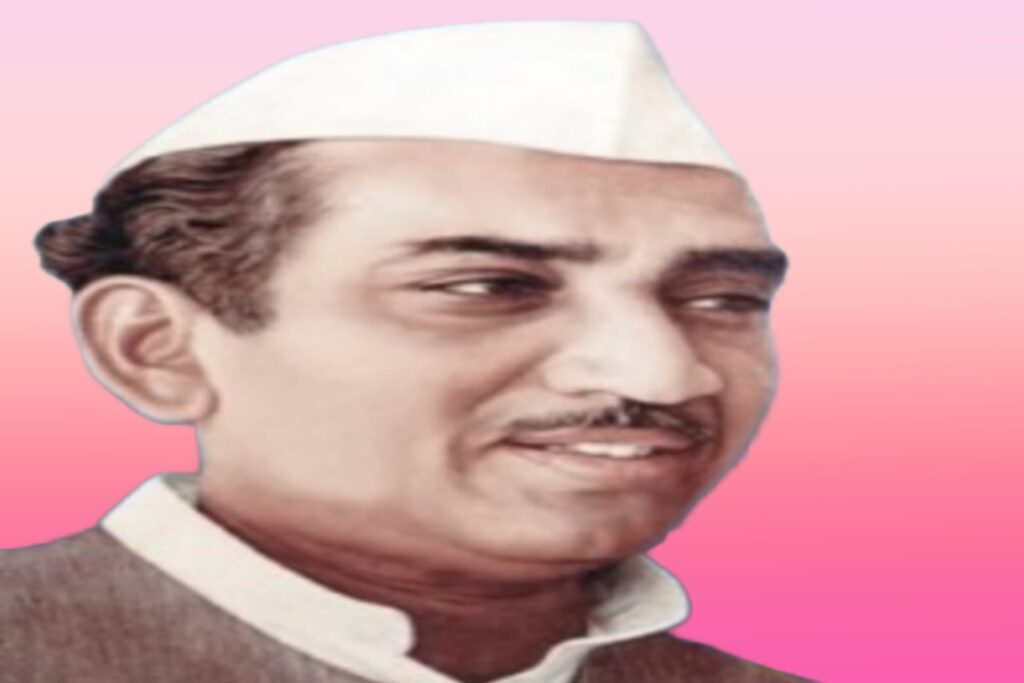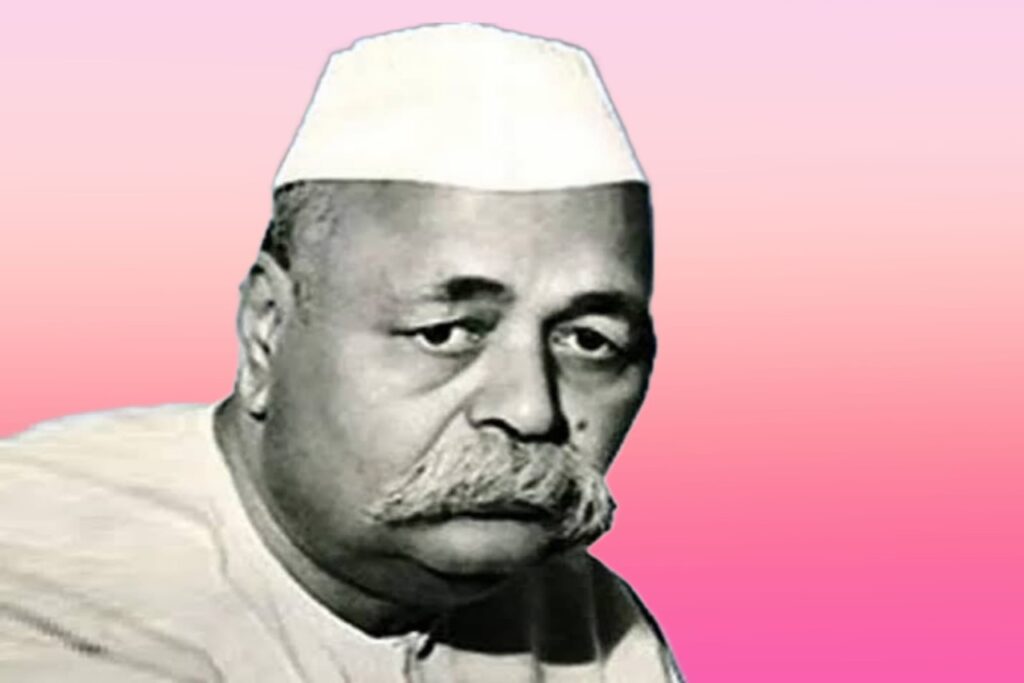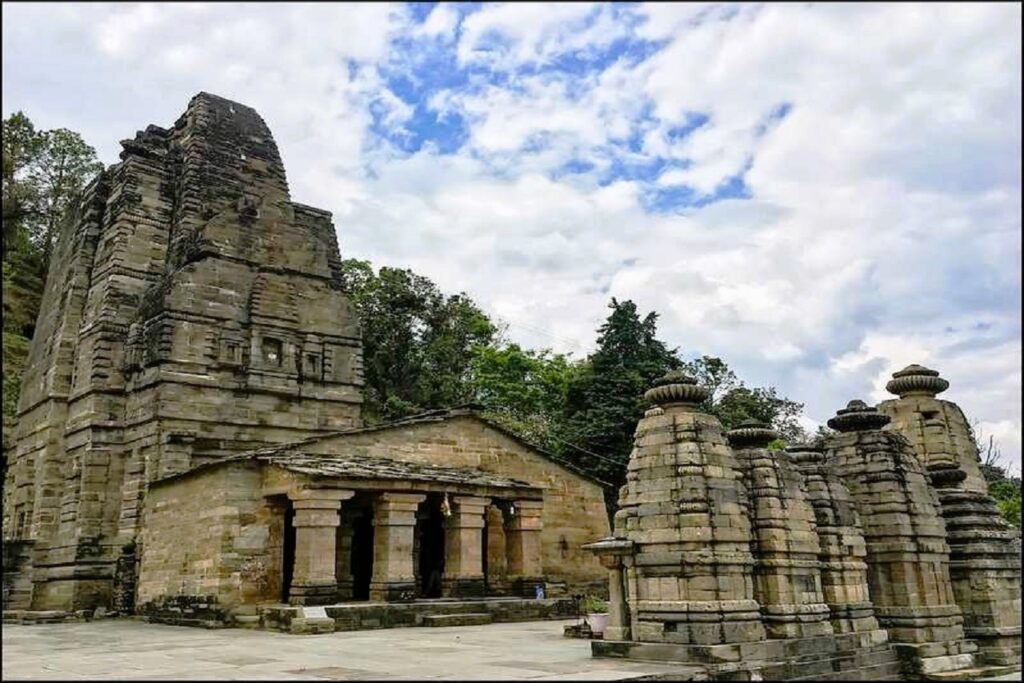Hemwati Nandan Bahuguna was born on April 25, 1919. Bahuguna’s early political career unfolded in Uttar Pradesh, where he served as Chief Minister and later as Union Minister for Agriculture. However, it was his commitment to the people of the hilly regions that would define his legacy. Recognizing the distinct cultural and geographical identity of the Uttarakhand region, Bahuguna became a vocal advocate for its separation from Uttar Pradesh.
A champion of social justice, Bahuguna played a pivotal role in the statehood movement. His impassioned efforts and strategic leadership ultimately bore fruit in the year 2000 when Uttarakhand was carved out as a separate state. This achievement stands as a testament to his unwavering dedication to the cause and the empowerment of the region’s residents.
Bahuguna’s vision extended beyond political boundaries. He was deeply concerned about the welfare of farmers and worked tirelessly to address their issues. His tenure as Union Minister for Agriculture showcased his commitment to rural development and agrarian reforms.
Hemwati Nandan Bahuguna’s legacy lives on, not just in the administrative divisions on the map but in the hearts of the people he served. His life’s work reflects a tireless pursuit of justice, development, and the empowerment of those on the margins. Uttarakhand owes much of its identity and progress to this visionary leader, who dedicated his political career to the betterment of its people.
Contributions to the Education Sector
Hemwati Nandan Bahuguna made significant contributions to the education sector, particularly during his tenure as Chief Minister of Uttar Pradesh. While he is best known for his role in the statehood movement for Uttarakhand, his impact on education was noteworthy.
During his term as Chief Minister from 1973 to 1977, Bahuguna took several initiatives to enhance the educational landscape in Uttar Pradesh. One of the key aspects of his approach was to promote accessibility to education, especially in rural areas. He implemented policies aimed at improving school infrastructure, ensuring the availability of qualified teachers, and expanding educational opportunities for students in remote regions.
Furthermore, Bahuguna prioritized the development of higher education institutions. His administration took steps to strengthen universities and colleges, fostering an environment conducive to academic excellence. By investing in educational infrastructure and resources, he aimed to provide students with better learning environments and opportunities for higher education.
In addition to physical infrastructure, Bahuguna recognized the importance of educational policies that would uplift marginalized communities. His commitment to social justice extended to the education sector, where he sought to bridge gaps and promote inclusivity in the schooling system.
While his contributions to education in Uttar Pradesh were made in the context of a larger political agenda, the positive changes he initiated had a lasting impact. The foundations laid during his tenure contributed to the overall development of the education sector in the state, fostering a more inclusive and accessible learning environment for students across various socio-economic backgrounds.
Hemwati Nandan Bahuguna passed away on March 17, 1989. His death marked the end of an era in Indian politics, leaving a void that resonated deeply in the political landscape, especially in Uttarakhand, a region he had ardently advocated for during the statehood movement.














